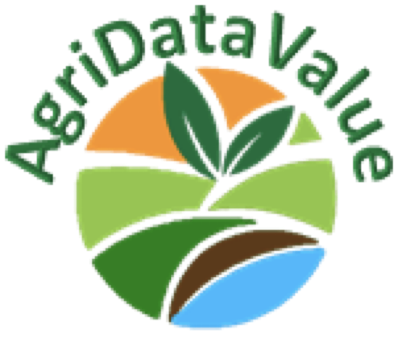Agriculture is rapidly becoming digitalised, with stakeholders increasingly relying on technologies such as IoT sensors, farm management systems, remote sensing, and precision farming equipment. Within this digital transformation, dataspaces have emerged as crucial frameworks enabling secure, structured, and regulated data exchange among stakeholders such as farmers, agribusinesses, technology providers, policymakers, and researchers. By facilitating transparent collaboration, dataspaces enhance the potential for innovation and collective value creation, allowing stakeholders to integrate fragmented agricultural data and drive significant productivity and sustainability improvements across the sector.
However, despite enabling robust data exchange, agricultural dataspaces currently lack structured methodologies to assess the value of the data being shared and exchanged. Although the infrastructure for secure and interoperable data sharing is growing, the assessment and transparent quantification of data’s inherent value remain missing. This gap prevents data producers and consumers from fully recognising, quantifying, and realising the economic potential of their data assets. Data producers may underestimate their contributions, while consumers may struggle to accurately assess the benefits or justify the costs associated with data access.
Acknowledging the significance of this issue, the AgriDataValue project will conduct targeted stakeholder interviews within its partners to understand how agricultural stakeholders currently perceive, interpret, and articulate the value of their data. These stakeholder insights will provide critical input and context to support and inform ongoing research efforts in this domain. Specifically, these insights will help researchers better understand stakeholder perspectives, identify gaps, and inform the development of robust, actionable data value assessment methodologies tailored to agricultural contexts.
Incorporating effective data value assessment methodologies into agricultural dataspaces can enhance interactions between data producers and data consumers. By evidencing data value, stakeholders can better engage in data-sharing practices, improve trust, and benefit from fairer and more productive collaboration. Furthermore, robust assessment frameworks would stimulate greater participation in agricultural dataspaces, contributing to the growth and sustainability of a thriving agricultural data economy.


